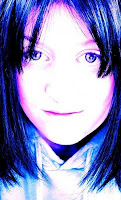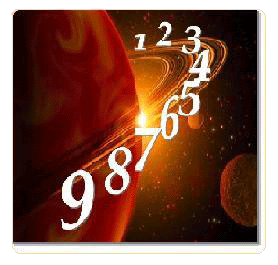
Sigmund Freud believed the foundation of all dream content was wish fulfillment and the everything that happened in a dream could be connected to the events of the previous day. Freud's The Interpretation of Dreams was obviously focused on the psychological elements of the subconscious including the id, ego and superego. To Freud, dreams were simply a representation of psychological problems.
But, then how do we explain dreaming about people and things we have never heard of before? It is possible they are a representation of other people in our lives, but if that is true how are we ever supposed to figure out who and why we are dreaming about them? There a ton of dream dictionaries on the Internet you can use to look up pretty much any symbol you can think of. Check out Dream Moods, Dream Central or iVillage's Dream Dictionary if you are interested.
One question that comes up often when people are trying to interpret their dreams is why do they dream about people who have passed away. The simply explanation is that they are thinking about them and missing them, consciously as well as subconsciously. Edgar Cayce, on the other hand, suggests the deceased person is trying to communicate with you. While you are asleep you are totally relaxed and open to different types of energy, making it easier for spirits to get through.
Edgar Cayce believed in reincarnation and past lives and he claimed to have psychic abilities. These things led him to believe dreams were the subconscious mind trying to tell the conscious mind something. Past life memories might creep into our dreams which could explain why people we have never seen before pop up. Have you ever encountered a person in a dream that looks completely different but you are convinced they are your mother or ex boyfriend or something you know in this life? That might be because your subconscious mind remembers them looking different.
Basically, dreams are another way to look into a past you can't remember. While a lot of the time they are reflecting things that have happened in your current life, some psychological issues stem from past lives.
Dream therapy is something anyone can do themselves if they want to. You have to practice remembering your own dreams first. A good way to do this is to keep a journal by your bed and write down everything you can remember about your dreams within a few minutes of waking up. The details usually fade the longer you wait to write them down so keeping the journal near your bed will remind you to write things down.
Eventually you might begin to see connections in your dreams and that is when you should look up certain symbols in a dream dictionary. A recurring dream is a lot more important (according to your subconscious) than a dream that you have only once. Also, a recurring theme or group of people is common.
With a little effort you will eventually understand your dreams better and therefore your own subconscious.







